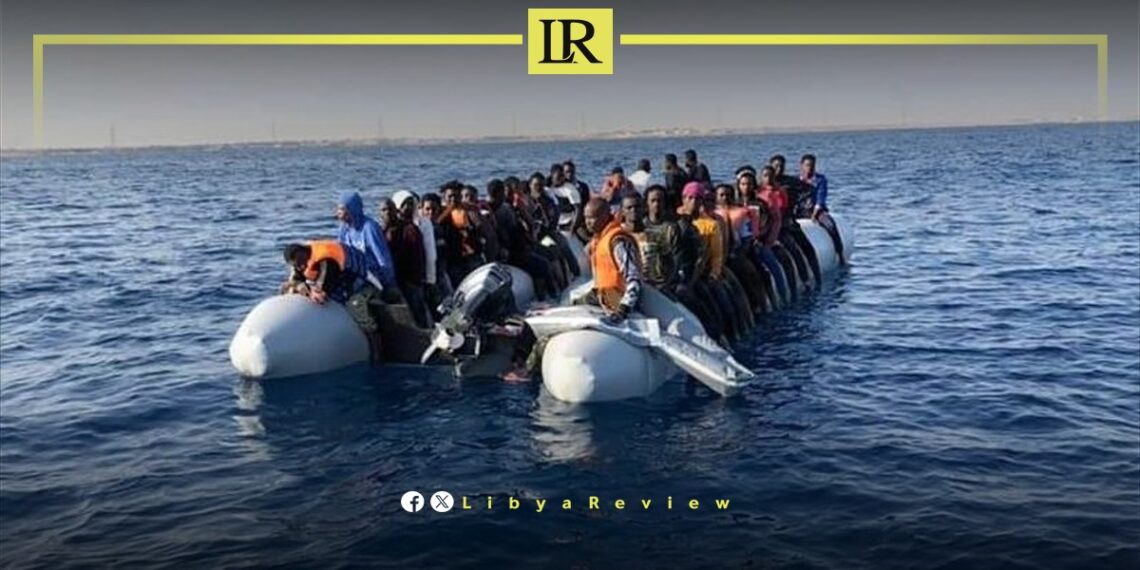On Thursday, the International Organization for Migration (IOM) released its “Global Migration Report 2024,” casting a stark light on the human smuggling networks operating out of Libya.
According to the report, these networks are responsible for the most perilous migration route in the world, with a record number of human rights abuses including torture, forced labor, and extreme violence.
Libya, strategically positioned as a transit gateway between Africa and Europe, has become the primary conduit for migrants attempting the perilous journey across the Central Mediterranean. The IOM’s findings indicate that this route has been the deadliest, claiming over 20,000 lives of irregular migrants between 2014 and 2022.
The rise of these smuggling networks can be traced back to the chaos following the 2011 overthrow of Muammar Gaddafi, which left Libya in a state of political and social disarray. This turmoil provided fertile ground for smuggling syndicates, often linked to local militias, to thrive by exploiting vulnerable migrants desperate to escape conflict and poverty in their home countries.
Despite concerted international efforts to address these challenges, including initiatives by the European Union and the United Nations, progress has been stymied by Libya’s ongoing internal conflict and fragmented governance. The lack of a stable, unified government complicates any coordinated international action or enforcement of laws against such criminal activities.
The IOM report emphasizes the urgent need for a comprehensive approach to tackle the root causes driving these hazardous migrations.
Libya has been in chaos since a NATO-backed uprising toppled longtime leader Muammar Gaddafi in 2011. The county has for years been split between rival administrations.
Libya’s economy, heavily reliant on oil, has suffered due to the ongoing conflict. The instability has led to fluctuations in oil production and prices, impacting the global oil market and Libya’s economy.
The conflict has led to a significant humanitarian crisis in Libya, with thousands of people killed, and many more displaced. Migrants and refugees using Libya as a transit point to Europe have also faced dire conditions.


